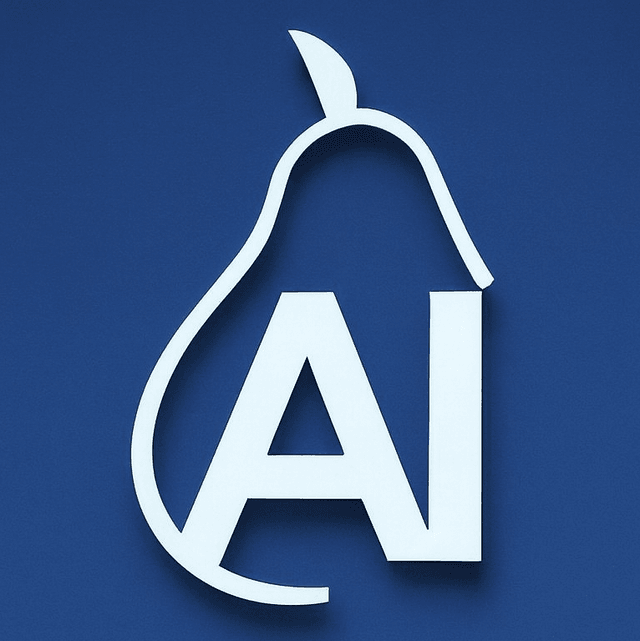Connected. Intelligent.
Future-Ready Care.
Designed by clinicians, trusted by the NHS — Black Pear Software powers the future of patient-centred care, delivering proven outcomes today and the intelligence to adapt for tomorrow.
From Somerset's SIDeR+ shared care record — the UK's only shared care record to deliver real-time structured data from EMIS (Optum), SystmOne GP and Community, alongside data from acute, community and social care — to AI-powered personalised health coaching, our technology helps organisations collaborate, share insight, and improve outcomes in real time.
Integrated Care Planning
We deliver integrated, patient-centred care planning — transforming disconnected systems into a single, intelligent plan of care that is live, shared, and centred on the person who matters most, powered by unique bidirectional integrations with primary care.
Core Interoperability Platform
Built on our Core interoperability platform, we enable any system to read and write structured data — securely, instantly, and at scale — empowering clinicians, patients, and AI alike to make better decisions together.
Core Interoperability • Care Planning • Shared Care Records • Personalised AI Health Coaching
One platform. One patient record. Infinite possibilities.
Proven Impact Across the NHS
Humber & North Yorkshire ICB demonstrated real-world savings of over £800,000 through reduced ambulance conveyances, fewer hospital admissions, and faster, more coordinated care — powered by Black Pear's Core platform.
Reduced ambulance journeys, as crews access live care plans and respect patient wishes before conveyance.
Fewer hospital admissions, achieved through shared, real-time access to clinical information and care plans.
Faster decision-making across urgent, community, and end-of-life care — replacing delays and duplication with live, structured data.
Improved patient experience, with every professional working from the same person-centred plan of care.
Significant time savings for clinicians through automated data sharing and elimination of manual updates.
Seamless collaboration across GP, hospital, hospice, social care, and ambulance services.

AI-First. Patient-Centred. Future-Ready.
Black Pear has fully embraced AI in our development and product strategy, bringing intelligent, personalised solutions that enhance patient outcomes and clinical decision-making.
BloodSafe Guard
AI-powered blood transfusion safety system that intelligently monitors and safeguards patient care, reducing risks and ensuring compliance with clinical protocols in real-time.
Learn moreElevate AI Health Coach
Your AI-driven personalised health companion that helps people understand their data, build healthier habits, and take proactive control of their physical and cognitive wellbeing.
Learn more